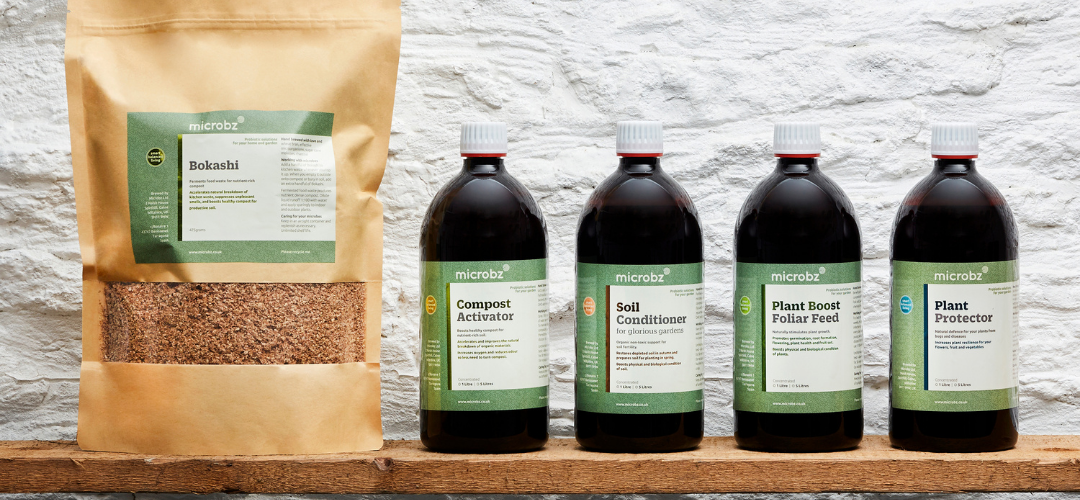Each year Cultivation Street run a campaign focusing on community gardening and it always comes at a time when the sun is starting to poke through. We love gardening, it's a perfect way to connect with mother nature, and the cycle of energy and health - growing food and connecting with the soil. Not everyone has access to a space to do this, so community gardens and communal projects are so important.
The Cultivation Street campaign is all about community gardens and what makes them so fantastic. Community gardens come in a myriad of shapes, sizes and styles. They all have a different heart and a unique mission. What each one of them has in common though, is the ability to bring people together using the power of nature to inspire, heal and make people happy.
Community gardens enable people to come together and grow fresh, healthy produce while building stronger connections with both nature itself, the microbes that are in the soil and our neighbours. But did you know that the health of the soil in these gardens is just as important as the health of the plants themselves?
Soil is the foundation of any garden, and its health directly impacts the health of the plants growing in it. Healthy soil contains a variety of nutrients, organic matter, and microorganisms that work together to provide the optimal growing conditions for plants. When soil is healthy, it can help plants resist disease and pests, absorb and retain water more effectively, and produce more bountiful harvests.
Unfortunately, soil health is often overlooked in community gardens - and well, everywhere to be honest - the soil can become depleted over time due to a lack of proper care and management. This can lead to reduced plant growth and yield, increased susceptibility to pests and disease, and overall lower productivity. Here at Microbz, soil is one of our deep passions - it truly is the foundation to life on Earth and we need to work a lot faster to replenish it.
So, how can you ensure that your community garden soil stays healthy and productive? Here are some tips:
- Test your soil: Before you start planting, it's important to test your soil to see what nutrients and minerals it may be lacking. You can get a soil testing kit from your local garden centre or university extension office. The results will give you an idea of what amendments you need to add to your soil to make it more fertile.
- Add organic matter: Organic matter is essential for soil health. It helps to improve soil structure, retain moisture, and provide a source of nutrients for plants. You can add organic matter to your soil by adding compost, manure, or leaf litter. This will help to increase soil fertility and productivity.
- Use cover crops: Cover crops are plants that are grown specifically to improve soil health. They help to prevent erosion, add organic matter, and fix nitrogen in the soil. Popular cover crops include clover, alfalfa, and vetch.
- Rotate your crops: Crop rotation is an effective way to maintain soil health and reduce the risk of disease and pests. By rotating your crops, you can help to prevent the build-up of harmful pathogens and pests in the soil.
- Avoid chemical fertilisers and pesticides: Chemical fertilisers and pesticides can harm soil health and disrupt the delicate balance of microorganisms in the soil. Instead, use natural fertilisers and pest control methods, such as compost, crop rotation, and beneficial insects.
- Use microbz Soil Conditioner: to deliver nutrients and microbes directly into the soil.




